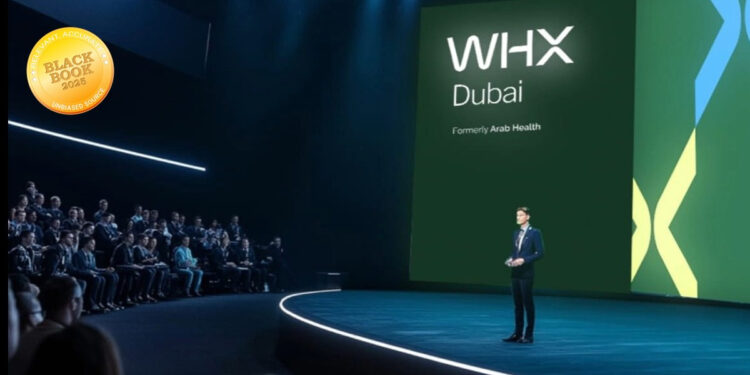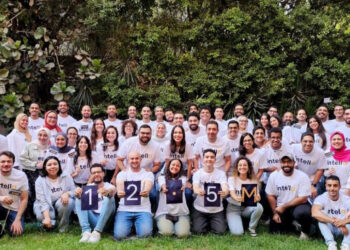A WHX Dubai 2025 survey by Black Book Research has identified Altibbi and Vezeeta as standout startups reshaping digital healthcare in the Middle East. The poll of 50 attendees underscored compliance, patient consent, and engagement as the decisive factors for adoption across the region.
WHX Tech 2025, staged at the Dubai World Trade Centre, drew more than 5,000 healthcare leaders, 300 exhibitors, and 200 speakers from over 30 countries. Alongside debates on AI, robotics, and cybersecurity, the event hosted the region’s largest digital health startup competition. Black Book conducted its flash survey to capture real-time views on how technology providers are influencing the sector’s trajectory.
Altibbi, founded in Amman in 2011 and now based in Jordan and the UAE, was highlighted for Arabic-language teleconsultations and its integration of secure consent management. With more than six million consultations delivered and one of the largest Arabic health content libraries, the platform was cited as a trusted provider as Gulf regulators tighten rules on privacy and data residency.
Vezeeta, launched in Cairo in 2012 and later relocating its headquarters to Dubai, was recognized for rapid regional scale in e-pharmacy, teleconsultations, and digital booking. Backed by more than $200 million in funding, the company has expanded across Egypt, Saudi Arabia, Jordan, and the Gulf. Attendees noted its strong adoption record but pointed to cross-border privacy compliance as an ongoing challenge.
Survey findings reflected these dynamics. Eighty-one percent of respondents ranked mobile-first telehealth apps and patient portals among their top three priorities for 2026. Sixty-seven percent said data residency and regulatory approval are prerequisites for vendor selection, while 54 percent identified scalability as the key obstacle for startups. Nearly nine in ten attendees said emerging players offered more user-centric platforms than legacy IT vendors.
The results suggest a three-phase trajectory: short-term rollout of telehealth and engagement apps by hospitals and insurers (2025–2026); consolidation around compliance-ready vendors winning national contracts (2026–2028); and, by 2030, the emergence of integrated digital ecosystems linking payers, providers, and patients.
“Startups are no longer side players; they are becoming the digital front doors of care in the Middle East,” said Doug Brown, Founder of Black Book Research. “The ability to combine patient-friendly design with rigorous compliance standards is setting the pace for healthcare modernization in the region.”





